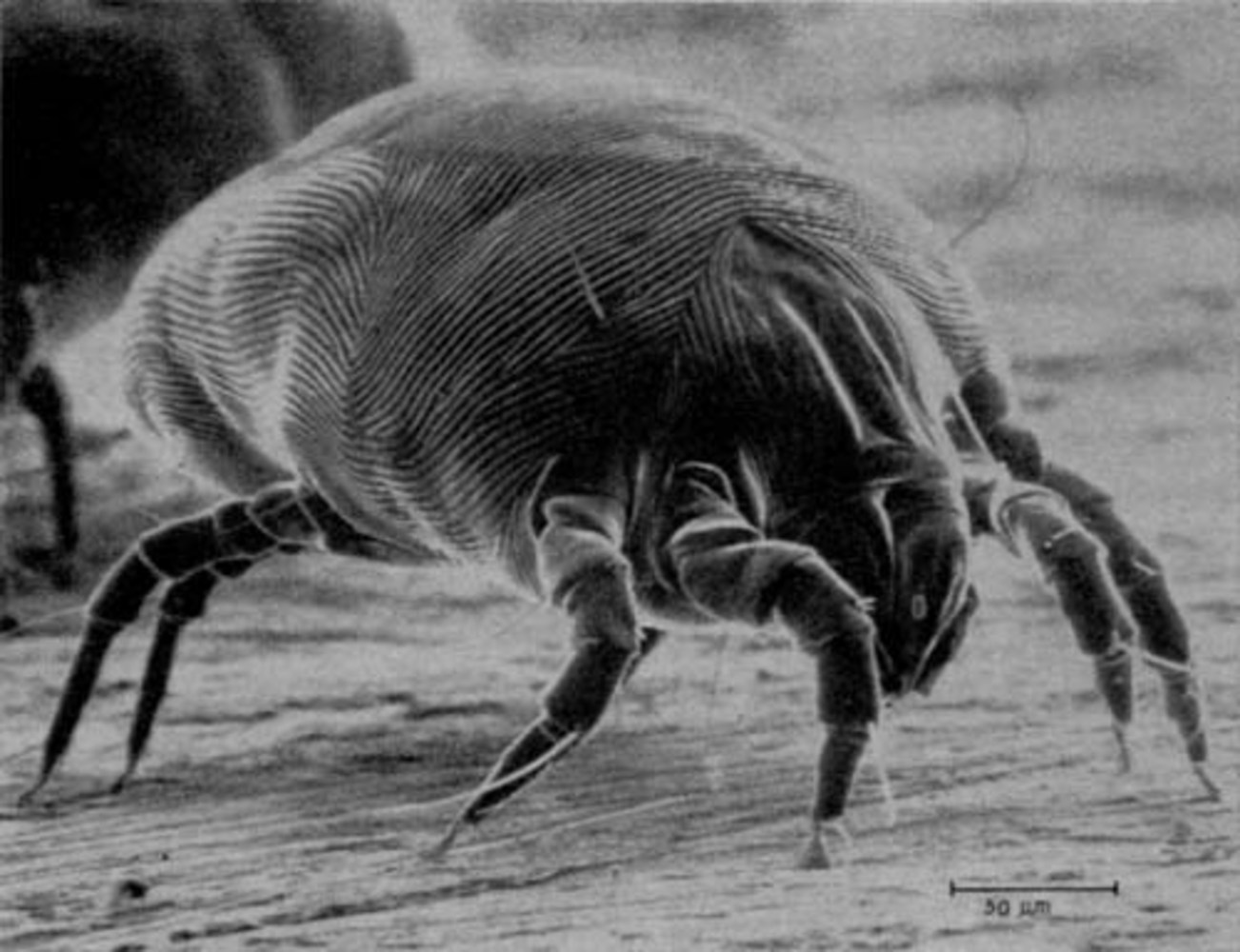It's the dream of many allergy sufferers to have some kind of jab that would vaccinate them against the misery of their reactions. Now new research from a research team in Thailand, working with a company in the US, have taken a step forward in developing a DNA-based vaccine that could be tested in clinical trials for people who are allergic to house dust mites - an allergy that affects up to one in five people in industrialised countries.
Over recent years, sc ientists have tried to cure allergies by exposing sufferers to tiny amounts of the proteins that trigger their reactions. The idea is that it stimulates helper immune cells, known as TH1 cell, that damp down the overactive, allergic immune response. But these treatments can take years, and there's a risk of triggering a massive reaction by accident.
ientists have tried to cure allergies by exposing sufferers to tiny amounts of the proteins that trigger their reactions. The idea is that it stimulates helper immune cells, known as TH1 cell, that damp down the overactive, allergic immune response. But these treatments can take years, and there's a risk of triggering a massive reaction by accident.
Writing in the journal Immunology Letters, the scientists have developed a vaccine based on a tiny fragment of DNA that encodes the instructions to make a protein, called Der p2, which is found in house dust mites. The idea is that when the DNA is injected into muscle, followed by a harmless little electrical pulse, cells take it up and start making a small amount of the mite protein. This helps to encourage the helper immune cells that damp the immune response, as well as helping to switch off the bad immune cells that are responsible for the allergic reaction.
In this paper, the researchers were working on tweaking the DNA in the vaccine to get the best response, as well as testing the best way to deliver it and the best dosing schedule to use. When they tested the vaccine in mice, they found that it could stop dust mite allergy from developing by triggering the good helper cells, suggesting that it's working as they'd hoped.
The scientists think their results could support moving their vaccine into clinical trials in humans in the near future. However, manipulating the immune system in this way is a tricky business and there are risks involved, so more work needs to be done to make sure any vaccine would be safe. So the dust mite allergy sufferers amongst us will just have to snuffle and wheeze a bit longer.









Comments
Add a comment